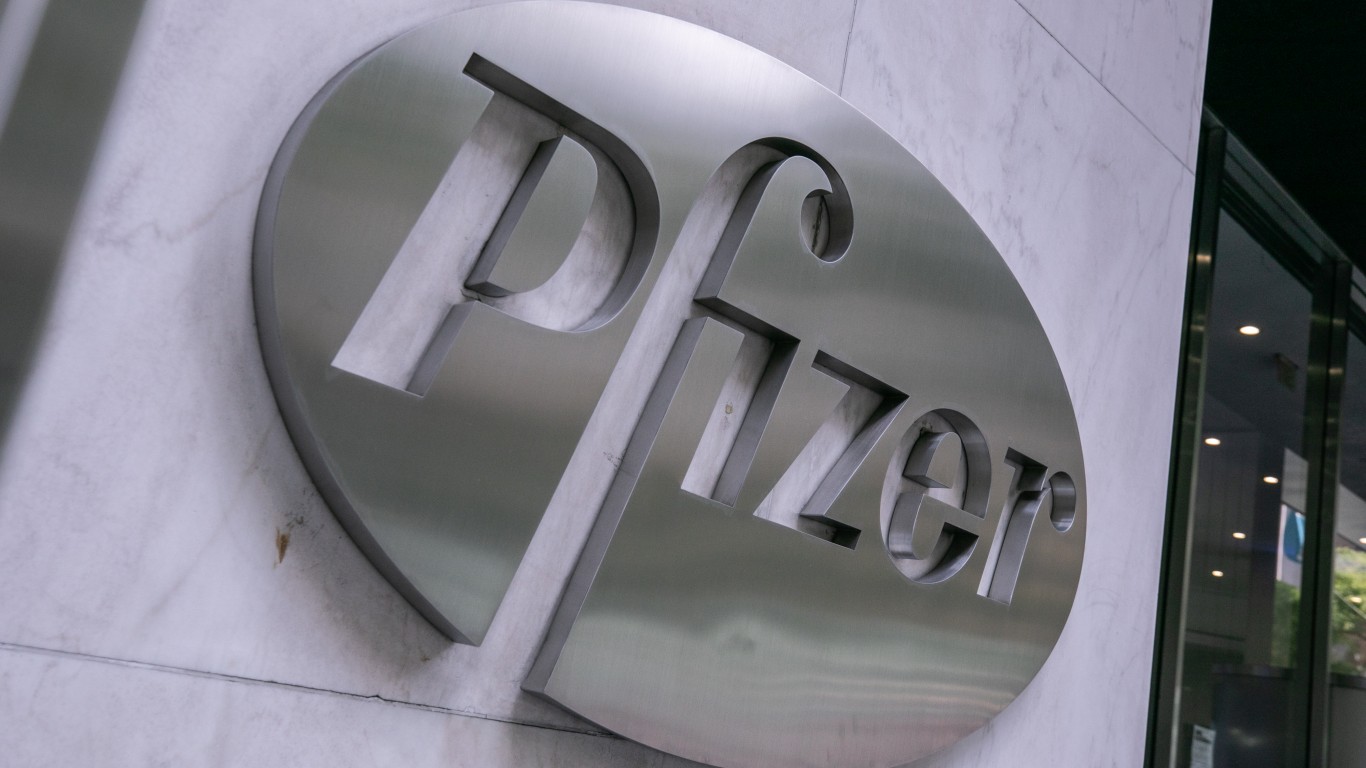 Update: The German opposition Green Party said that the Greek bailout could cost 120 billion euros.
Update: The German opposition Green Party said that the Greek bailout could cost 120 billion euros.
The yield on Greek two-year bonds rose to 13.5% as S&P cut the credit rating of the nation’s sovereign debt to junk and downgraded the paper of Portugal two levels to A- from A+. The euro has sold off for three days on the perception that the Greek problem will not be resolved and the southern European nation will default on its obligations. That would be preceded by it being kicked out of the Eurozone or leaving voluntarily
In the meantime, economists and bond investors are concerned that the sovereign debt crisis could move to Spain and Italy. Each time the market sells off their paper over anxiety about their national budgets, the borrowing costs of the nations rise. That means higher debt service, which countries with high deficits cannot afford.
There is also concern that any support for Greece by the Eurozone and IMF, which may be as high as 45 billion euros, would cause a “moral hazard” as other financially weak nations believe that the Greek case is precedent.
The IMF is considering upping its commitment to the bailout by 10 billion euros to help bridge the gap created by reluctance by Eurozone nations to back Greece at previously promised levels. The IMF also knows that the 45 billion euro bailout may not be enough to support Greece for more than a few months.
To solve the Greek crisis, at least for the next year, several things would have to happen within the next month:
1. Germany would have to make a hard commitment to at least 15 billion euros for the bailout. That would leave the IMF, which is ready to increase its commitment, and the other Eurozone nations to fund the balance. Germany is the largest nation in the alliance based on GDP by a wide margin. German Chancellor Angela Merkel would have to take a huge political risk because the Greek bailout is unpopular in her nation with some polls showing that 70% of the population is against it. Because both houses of the German parliament would have to approve bailout funds, Merkel would need to call the equivalent of an emergency meeting of the nation’s legislature to back the plan. She would have to make a powerful case that the collapse of Greece would cause the collapse of the euro which is Germany’s de facto currency. She would also have to make the case that German banks have a large exposure to Greek debt.
There is no Greek bailout without Germany. Its size makes it the keystone.
2. The IMF would have to indeed put up another 10 billion euros toward supporting Greece and make it clear to the Eurozone nations that the commitment was fixed in stone. It would have to be the “first money in”, showing that the IMF is willing to risk capital on Greece. The agency would than have to call on the Eurozone nations to make good on their promise of support or be labeled as the agents that caused the potential collapse of the alliance.
3. Greece would have to agree to management by a compliance commission, probably appointed by the IMF, to oversee the process of working toward balancing its budget. The power of that commission would give teeth to the obligation that Greece has to sharply drops its deficit-to-GDP ratio. The appointment of a commission would be a humiliation to the Greek government, but it is a government that has lost its ability to create a reasonable budget and stick to it. But, the commission would be a necessary part of any funding obligation. Greece can accept it or face the consequences of default
4. The IMF and Eurozone would need to vow that there will be no moral hazard. The bailout stops with Greece. If another nation in the alliance decides to attempt to use Greece as leverage, their requests for help will be rejected. That would mean a default by Portugal, Spain, or Italy would probably cause the dissolving of the Eurozone alliance, an event that the nations in the alliance would have to accept. The line gets drawn with Greece.
If the timing of the bailout is not part of the bailout itself, it is bound to fail
Douglas A. McIntyre
Sponsor: 26 Cheap Stocks to Sell – Cheap stocks have been on a tear recently, but nine out of 10 cheap stocks are circling the drain!
It’s Your Money, Your Future—Own It (sponsor)
Are you ahead, or behind on retirement? For families with more than $500,000 saved for retirement, finding a financial advisor who puts your interest first can be the difference, and today it’s easier than ever. SmartAsset’s free tool matches you with up to three fiduciary financial advisors who serve your area in minutes. Each advisor has been carefully vetted and must act in your best interests. Start your search now.
If you’ve saved and built a substantial nest egg for you and your family, don’t delay; get started right here and help your retirement dreams become a retirement reality.
Thank you for reading! Have some feedback for us?
Contact the 24/7 Wall St. editorial team.





